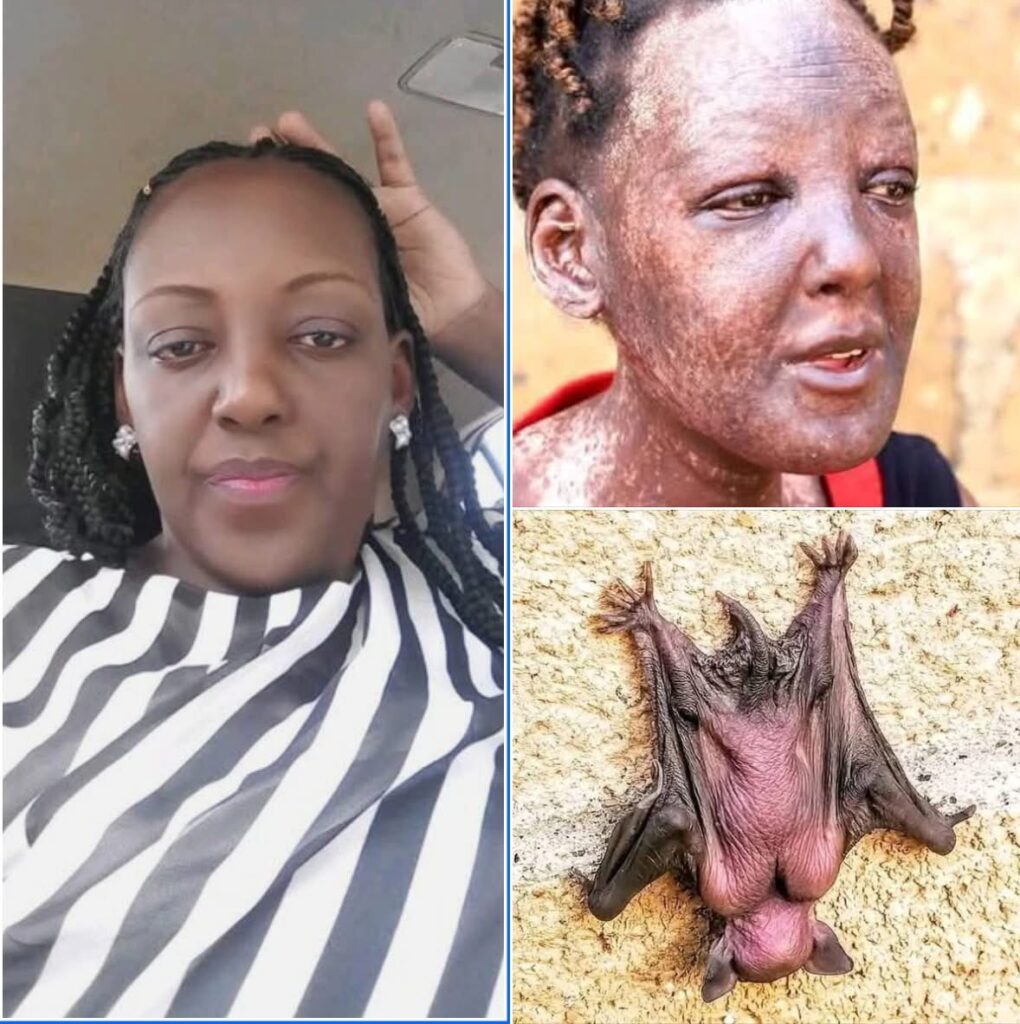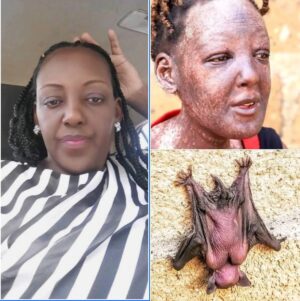The Aftermath: Seeking Answers

The days that followed were a blur of confusion, fear, and pain. Natalie’s wounds refused to heal, and she was plagued by nightmares and a persistent sense of unease. Local elders were quick to identify the attack as the work of a lemma lemma—a supernatural assailant believed to be sent by envious neighbors or distant enemies.
“I’ve always respected our traditions, but I never thought I would become part of such a story,” Natalie admits. “I’m a nurse. I believe in science, in medicine. But what happened to me defies explanation.”
Her family sought the help of local spiritual healers, known as n’angas, who performed cleansing rituals and prescribed herbal remedies. Yet the symptoms persisted, and as her flight back to the UK approached, Natalie worried that the spirit might follow her across continents.
A Nurse Torn Between Two Worlds
Back in Birmingham, Natalie resumed her duties at the hospital, but colleagues noticed a change. She was quieter, more withdrawn, and seemed haunted by something she refused to discuss. Eventually, she confided in a close friend, who encouraged her to seek both medical and psychological help.
Medical examinations revealed no underlying conditions that could explain her persistent fatigue, insomnia, or the mysterious marks on her body. Therapists suggested she might be suffering from sleep paralysis or trauma-induced hallucinations—common enough among people under extreme stress.
But Natalie remains unconvinced. “I know what I saw, what I felt. This was not just a bad dream or a panic attack. Something attacked me that night.”
The Broader Context: Lemma Lemma in Zimbabwean Culture
The tale of the lemma lemma is not new in Zimbabwe. For generations, rural communities have whispered of these malevolent spirits—sometimes described as witches, other times as shape-shifting beasts—that attack their victims in the night. The symptoms are always similar: paralysis, physical scratches, and a lingering sense of dread.
Anthropologists suggest that such stories often arise in times of social tension or personal crisis, serving as a way for communities to explain the unexplainable. But for those who have experienced it firsthand, the terror is all too real.
A Plea for Help
Natalie’s story has resonated with many in the Zimbabwean diaspora. After sharing her ordeal on social media, she received messages from others who claim to have had similar experiences—both in Zimbabwe and abroad. Some offered advice, others shared prayers, and a few recommended spiritual healers in the UK who specialize in African traditions.
Despite the support, Natalie admits she still feels isolated. “It’s hard to talk about this in the UK. People look at you like you’re crazy. But in Zimbabwe, everyone knows someone who has been attacked by a lemma lemma. It’s part of our reality.”
She has since reached out to both medical professionals and spiritual leaders, hoping to find a path to healing that bridges the gap between science and tradition.
A Story That Transcends Borders
Natalie Sibanda’s ordeal is more than just a tale of supernatural terror. It is a story about the complexities of identity, the collision of tradition and modernity, and the challenges faced by those who straddle two worlds.



